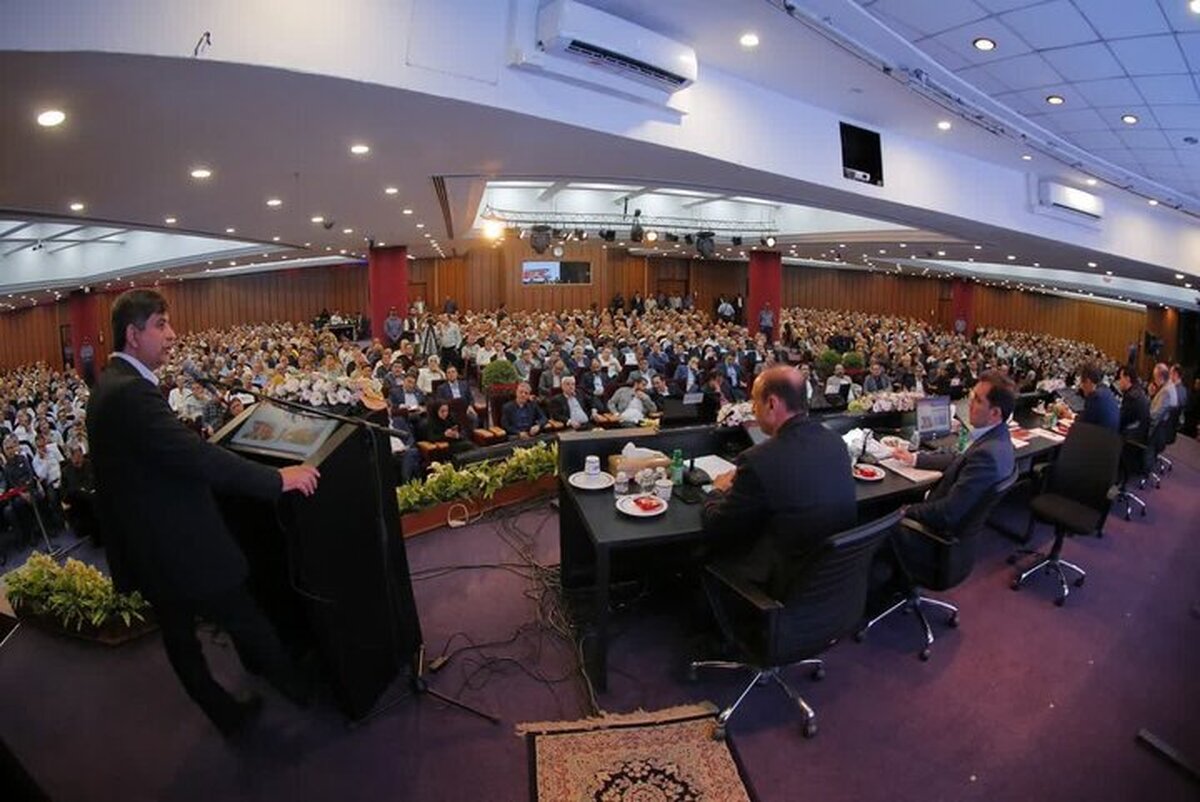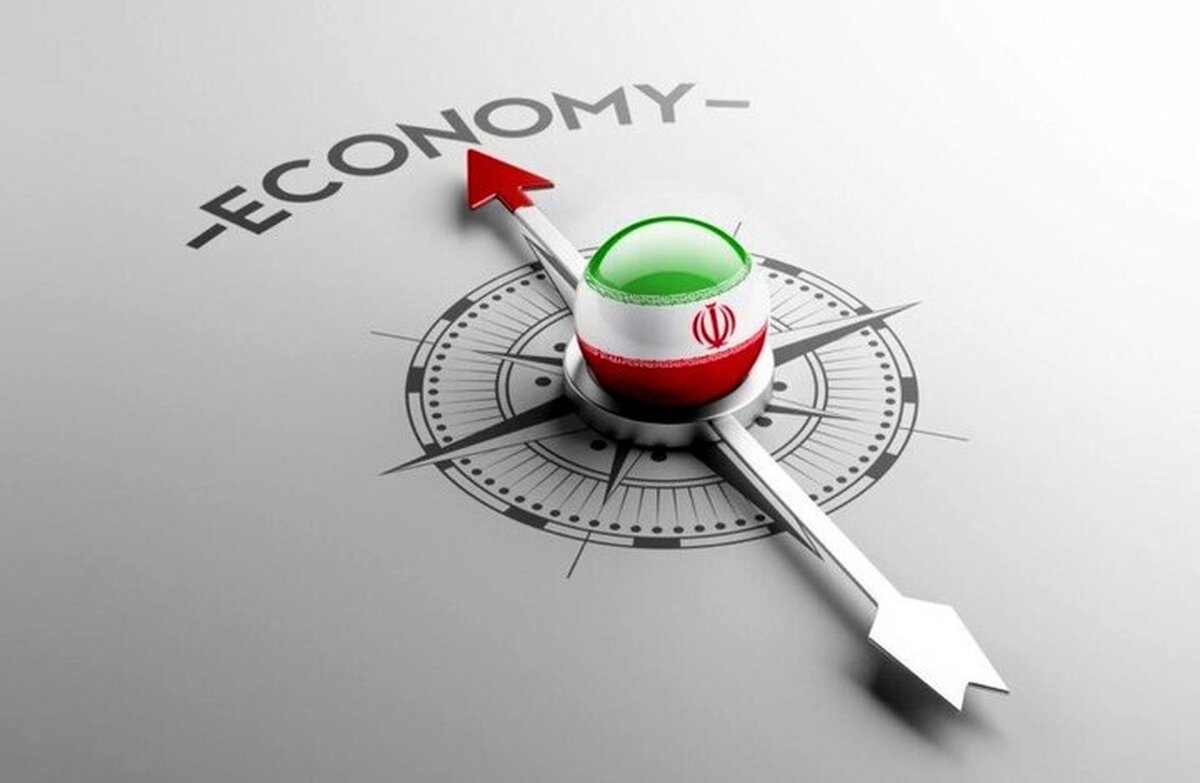
Iran fast emerging as economic power, player
EghtesadOnline: The Kingdom of Saudi Arabia’s hostile policies toward Yemen, Syria, Qatar and Iran are failing. The desert kingdom’s broader strategy: a desperate attempt to erode the Islamic Republic of Iran’s growing power and influence over these domains and beyond.
In a long history of intense religious rivalry, Saudi leadership seeks to choke Iran’s economy by steeply cutting its own oil output, hoping to complicate Iran’s overtures to international businesses. Oops, too late! The Iranian regime is excited about engagement with other countries following its 2015 nuclear agreement with the West. Asian and European companies are now investing in Iran’s energy sector, which promises high returns on investment, according to Wacotribune.
Iran’s oil minister, Bijan Namdar Zangeneh, says Iran is negotiating with BP, Russia’s Gazprom and Lukoil and Malaysia’s Petronas, among other international companies. France’s Total signed a $5 billion gas deal with Iran this month.
“I can assure you this isn’t the last one. We’ll see other contracts being made within the next few weeks,” Deputy Minister of Petroleum for International Affairs Amir Hossein Zamaninia said at a recent conference in Istanbul. He was referring to Austria, Norway, Sweden, the United Kingdom, Germany and Denmark, all of whom have expressed interest in investment opportunities in Iran.
Denmark, for instance, proposed a $1 billion investment contribution to Iran’s development plans. Iran itself already stands to reap between 65 percent and 70 percent of the international investments, estimated at $200 billion so far. Thus, Saudi Arabia’s notion of snuffing Iran’s economy through oil prices is a failed one.
Between petrochemicals and gas exports, Iran hopes to have a major impact on the global oil market. Iran’s oil-industry officials previously put total investments required in various sectors of the oil industry at $445 billion: $230 billion in oil, $130 billion in gas, $20 billion in refining and delivering oil products and $65 billion in the petrochemical industry. Mr. Zangeneh’s disclosure of these investments comes at a crucial time as the political landscape of the Middle East shifts faster and faster.
And don’t write off China and Russia, key supporters of Iran. I’m certain Chinese and Russian companies will win lucrative contracts that ensure access to Iran’s oil and natural resources. Meanwhile, Iran is capitalizing economically on its growing influence in the region at the expanse of Saudi Arabia’s botched policies.
To solidify its economic influence in the region, Iran aims to export its goods to its neighbors: Iraq, Pakistan, Oman, the United Arab Emirates and Kuwait. Iran already has engaged Turkey in negotiations regarding transfer of Iranian gas to Europe. I can see how a project such as this will benefit not only Iran but also Russia and Turkey. What Saudi leadership has failed to foresee is that the demand for gas is expected to grow in countries like China, India, Iran, the United States and even their own country.
What of the much-debated prospect of sanctions on Iran? Unlikely! Someone forgot to tell Saudi decision-makers that Iran has about 18.2 percent of the world’s proven gas reserves, ahead of Russia and Qatar, according to the BP Statistical Review of World Energy. China and the Middle East are expected to lead the way in gas demand growth, 28 percent and 24 percent respectively, over the projected period to 2035, according to Cedigaz, a research group that specializes in the energy industry.
Given Iran’s supply and the international community’s demand, widespread global sanctions against Iran simply won’t happen.
I agree with Foreign Affairs magazine: The Saudi royal family is licking its wounds after its disastrous, unrealistic and flat-out ill-conceived campaign against Qatar, where we have some 10,000 U.S. troops based. Qatar is forging economic ties with Iran and Turkey.
One thing’s sure: The region’s geopolitics now play to Iran’s favor. Saudi rulers must accept that they can’t force oil prices to return to pre-2014 levels of $120 per barrel. That’s a bygone era.
Their plan to target Iran economically has flopped miserably, even given the Trump administration’s implementation of some sanctions this week — while also acknowledging Iran’s compliance with the 2015 nuclear deal. International corporations are seizing the opportunity to forge economic ties with Iran. What might happen when China’s Silk Road project is completed? Will all roads lead to Tehran? Stay tuned.




